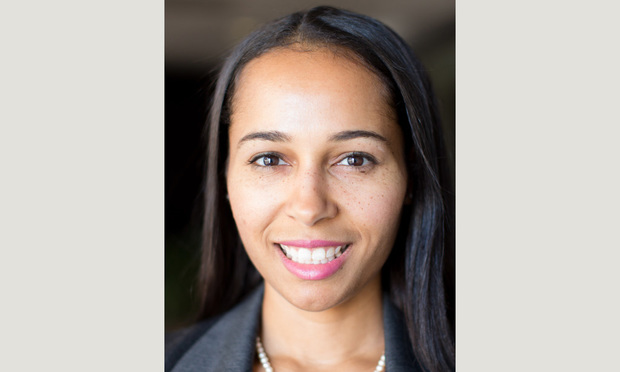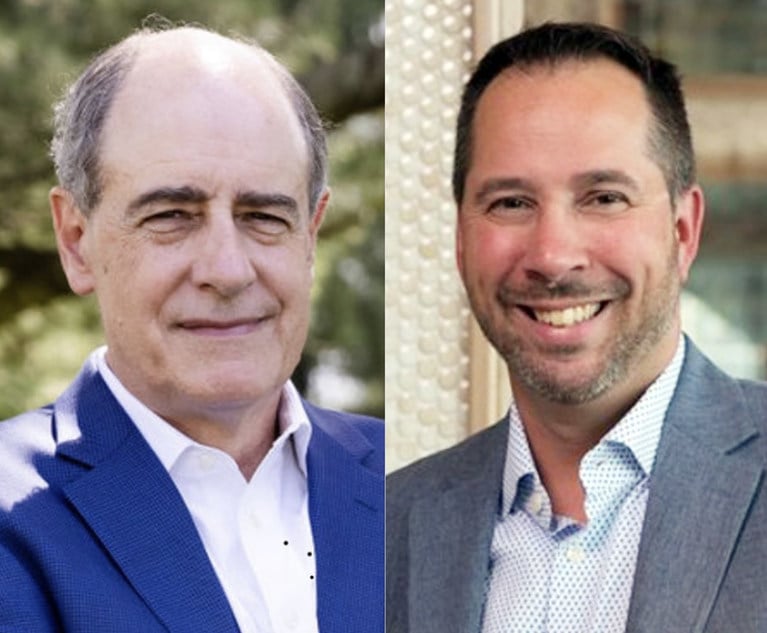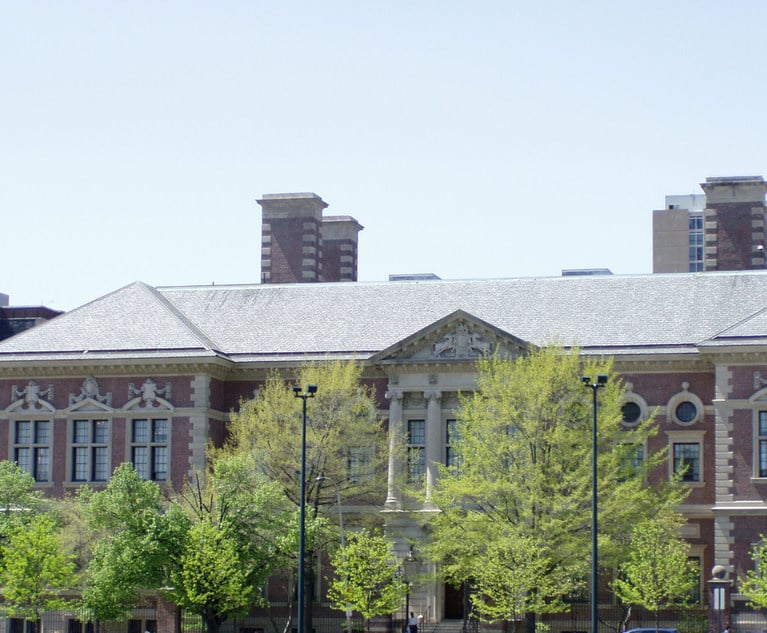Many employers have come under fire recently for grooming policies targeting predominantly African American hairstyles, such as dreadlocks. In March, a Texas teen who applied for a part-time job at a Six Flags theme park was told he had to cut his dreadlocks to get hired. Per their dress code policy, Six Flags Over Texas reportedly considered dreadlocks an “extreme hairstyle.” The teen’s story went viral, and Six Flags soon announced they had changed the company’s policy and that they now allow male team members to wear “locks,” as long as they are “well-groomed and do not extend past the bottom of the collar.” Yet, this story brought to the national forefront this country’s long history of discriminatory practices against African Americans based on their natural hair styles. Various states and jurisdictions have reacted accordingly and passed laws banning hair discrimination.
This July, California became the first state to outlaw discrimination based on certain protected hairstyles when it passed the Creating a Respectful and Open Workplace for Natural Hair Act (the CROWN Act), which bans hair discrimination in California by employers and public schools. The new law expands the definition of “race” under California’s anti-discrimination laws to include natural hairstyles or “protective hairstyles,” including styles commonly referred to as braids, locks and twists. However, the California Legislature made it clear that the list of hairstyles was not meant to be exhaustive. California may be the first statewide ban, but New York City was the first jurisdiction to ban hair discrimination when the New York City Commission on Human Rights passed guidelines declaring the right of individuals to maintain their “natural hair, treated or untreated hairstyles such as locks, cornrows, twists, braids, Bantu knots, fades, Afros, and the right to keep hair in an uncut or untrimmed state.” New York City’s law imposes a penalty of up to $250,000 on those who harass, demote or fire individuals because of their hair. Not long after New York City passed these guidelines, New York state passed a similar statewide law. Since then, New Jersey, Tennessee, Michigan, Wisconsin, Illinois and other states have proposed legislation aimed at banning discrimination based on hair. In addition, the U.S. Military and Army have also lifted their bans on dreadlocks.


 Autumn L. Moore of Clark Hill.
Autumn L. Moore of Clark Hill.




